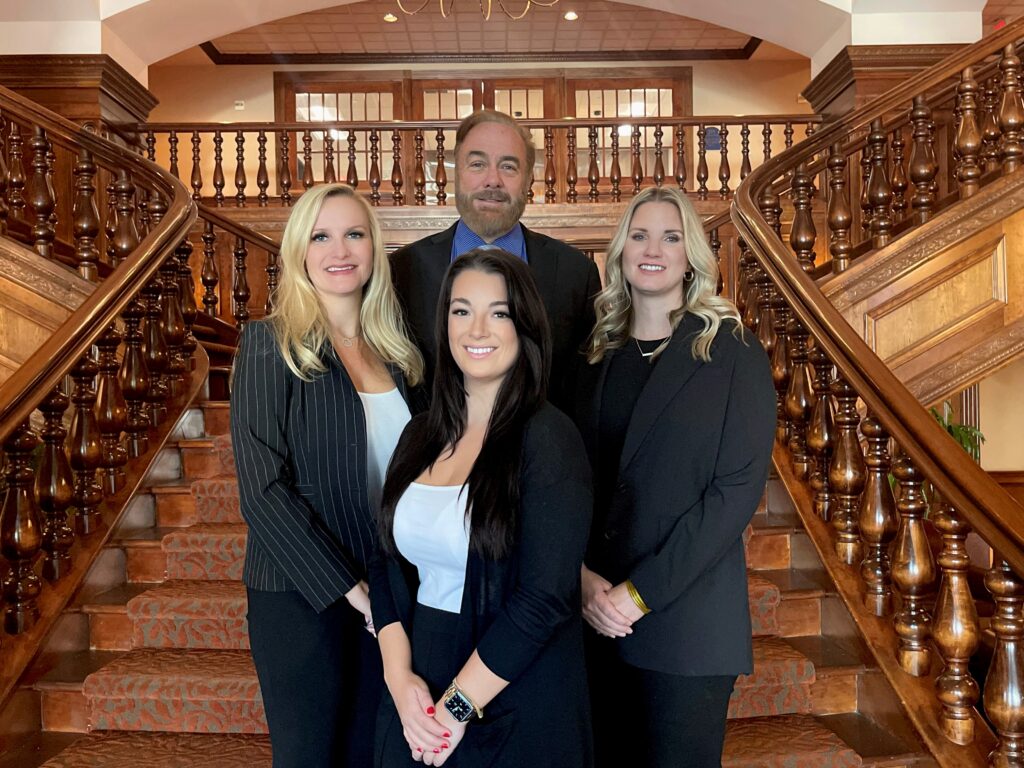The Ninth Circuit adopted the Second Circuit’s standard for awarding attorney’s fees. Under this standard, an attorney’s services need not actually benefit the estate, but must be “reasonably anticipated to be necessary and beneficial to the estate at the time rendered.” In re Cogliano, 355 B.R. 792, 806 (9th Cir. B.A.P. 2006) (citing In re Strand, 375 F.3d 854, 860 (9th Cir. 2004); see also In re Mednet, 251 B.R. 103, 108 (9th Cir. B.A.P. 2000) (“[t]he statute does not require that the services result in a material benefit to the estate in order for the professional to be compensated; the applicant must demonstrate only that the eservices were “reasonably likely” to benefit the estate at the time the services were rendered.”).
Therefore, a court does not determine reasonableness of attorney’s fees through hindsight; the Bankruptcy Code requires only that services in question had reasonable likelihood of benefiting estate at time they were provided, not that they actually did provide a benefit. In re Red Ball, Inc., 157 Fed.Appx. 850, 852 (6th Cir. 2005); In re Smith, 305 F.3d 1078 (9th Cir. 2002) (“services that are reasonably likely to provide an identifiable, tangible and material benefit to the debtor’s estate can be compensated, even if they do not actually provide such a benefit (as long as such services meet the other requirements of 330(a)).”).
In making this decision, the Ninth Circuit expressly rejected the 5th Circuit’s standard – that an actual benefit must be provided to the estate in order to receive compensation. The Ninth Circuit explained that the Fifth Circuit’s interpretation does not comport with the plain meaning of the statute. The Ninth Circuit further explained that the Fifth Circuit’s approach would unreasonably restrict legitimate professional efforts toward effective estate administration and could cause attorneys to shy away from work that might benefit the estate. In re Mednet, 251 B.R. at 108.
Arizona Bankruptcy Attorney
Contact Us
